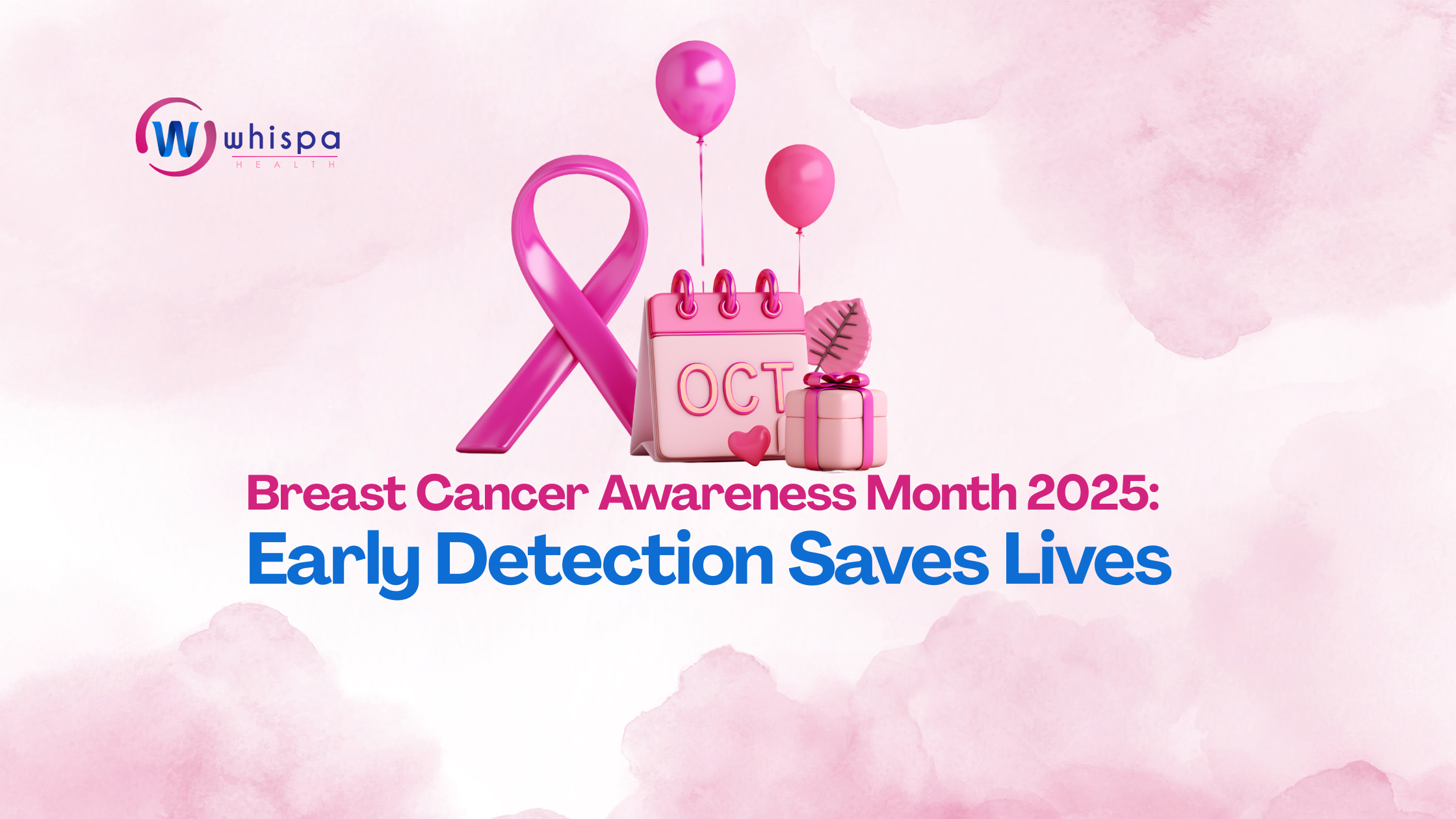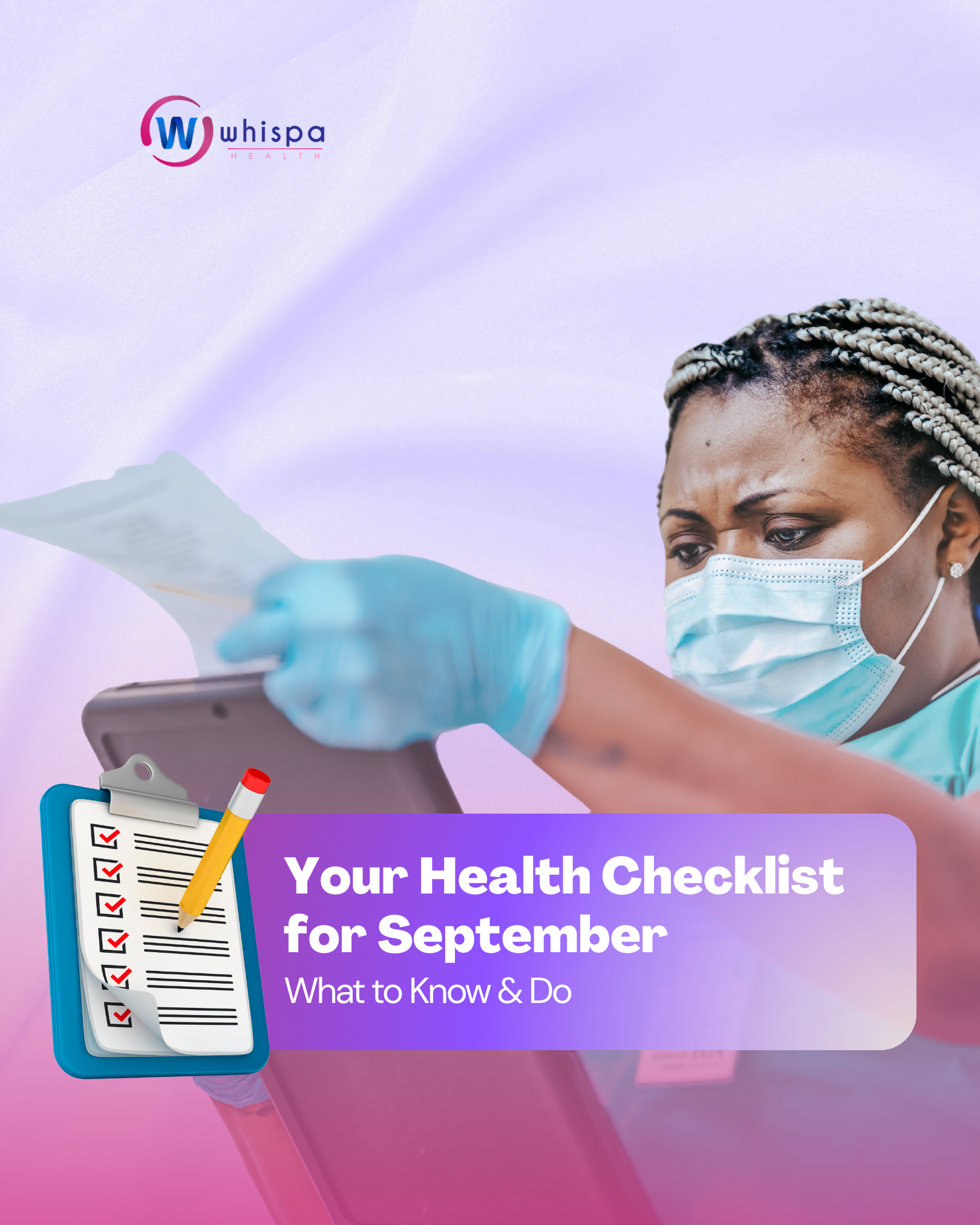We all experience stress on a regular basis. Positive stress aids us in overcoming difficulties and threats. Your heart rate, blood pressure, and energy levels all rise as a result of the body producing an excess of adrenaline.
However, persistent stress may be crippling and frequently has a negative effect on the female body, particularly with regard to sexual and reproductive health. For all of our systems to work well, a healthy lifestyle and effective stress management are essential.
The effects of chronic stress on the body
Our brains release the hormone cortisol when we are under stress. Shortness of breath, perspiring, and sweaty hands are all symptoms of cortisol. The body is always in a state of physiological arousal as a result of chronic stress, which maintains cortisol levels high. Anger, headaches, heartburn, sleeplessness, and exhaustion are some of the unpleasant symptoms that result from this.
Chronic stress can lead to a variety of issues, including:
- -high blood pressure and blood sugar levels
- -intestinal problems
- -increased risks of depression
- -heart attacks
- -increased inflammation
- -decreased fertility
Women who experience chronic stress report having more trouble becoming pregnant, irregular periods or ovulation, or amenorrhea, which is the lack of periods. Women’s libidos are known to suffer when they have high cortisol levels brought on by stress.
Impact on the menstrual cycle
The female body generates reproductive hormones during the menstrual cycle, which can be affected by stress hormones. Additionally, a hormonal imbalance can alter your period in a variety of ways, making it longer, shorter, irregular, or nonexistent, which adds additional stress to your life.
PMS symptoms may worsen as a result of stress. You might have more severe mood swings and greater cramping. Your appetite is impacted by cortisol. Your cravings for meals heavy in sugar and fat may increase while you are under stress and experiencing PMS.
Pregnancy, Breastfeeding, and Stress
A woman’s body goes through a lot of physical and psychological changes when she is pregnant. Maintaining daily responsibilities and being ready to bring a small human into the world add to the stress already caused by this. While acute, short-term stress may be managed by the body and is unlikely to have an impact on the pregnancy, chronic stress can result in preterm birth and, in extreme situations, can hinder the development of a newborn.
Reduced milk production and changes in the consistency of breast milk are both related to stress. Newborns who are breastfed have been demonstrated to have greater blood cortisol levels than infants who are formula-fed. This suggests that cortisol can cross the placenta and enter breast milk. Infants with persistently raised cortisol levels may experience lifelong stress reactions including high blood pressure and a quick heartbeat.
Stress and Sex
Responsibilities at work and home may quickly take over our lives. Sex frequently disappears first when times are hard. Loss of libido is a side effect of high cortisol levels, therefore this is not only a result of stress-related weariness. People who are under a lot of stress are also more likely to develop depression. Your libido may be negatively impacted by antidepressant medication.
You lose energy when you’re anxious, which makes it less likely that you’ll be interested in having sex. Additionally, stress can lead women to go through “dry spells” in which they have difficulty creating natural lubrication, which significantly lessens the pleasure of sex. Tension also makes it harder to unwind.
The issue is rarely simple, and neither is the cure, as is the case with the majority of sex-related issues. However, removing some of your obligations and ensuring that you get adequate sleep are smart places to start.
Coping with stress
Your life doesn’t have to be controlled by stress. You may improve your mood by doing a few easy things. Health, especially sexual health, is about feeling good as well as being well. Here are a few strategies to assist you to deal with challenging circumstances.
Limit stimuli.
Find a spot where you can be alone and think about what stresses you out and why. What makes your stomach churn and your heart beat more quickly? Public speaking, social gatherings, bad news regarding the economy as it is now? Despite the fact that you have little influence over the wider world, you may take responsibility for your own welfare. It might have an instant, good impact to get rid of some of the stress-causing factors in your life.
Establish a healthy diet.
We have comfort foods because cortisol increases your appetite. You don’t typically want salad after a hard day at the office. When under stress, people frequently battle with weight gain and poor general health. You may turn to drugs, alcohol, or cigarettes as a result of stress. Remember that while both stimulants and depressants may improve your mood temporarily, they will ultimately make it harder for you to handle stress.
Exercise.
Exercise not only improves mental clarity but also has a good impact on the neurological system, all while boosting energy and strengthening strength. Serotonin and dopamine, two “happy chemicals,” are released by your brain while you exercise.
Your mental health is strained and you run the risk of developing anxiety or depressive disorders if your cortisol levels are consistently elevated. Lowering cortisol levels and improving mood are both achieved by engaging in activities that boost serotonin and dopamine production in the brain.
Massages.
Experience a soothing massage. Spend a few hours at a spa or ask your spouse to give you a mild massage if your neck and shoulders are strained from working at a computer for lengthy periods of time or your muscles are sore from physical labor. It’s a terrific approach to increase closeness and reduce stress. Tension may be released and cortisol levels can be lowered even with a simple back rub.
Keep a steady sleeping schedule.
Maintain a regular sleeping routine. Insomnia and other sleep issues are known to be triggered by stress. But getting enough sleep is important for managing stress. Establishing a sleep schedule will help your body learn when it can unwind and recharge. Do yourself a favor and do it now.
Mindfulness techniques.
Stress reduction and emotional stability can be greatly improved by mindfulness techniques including meditation, mindful breathing, and yoga. You may cope by engaging in even a brief 5-minute exercise of mindful breathing.
In order to enjoy pleasure more strongly during sex, mindfulness practices can also help you relax your body. A collection of techniques for improving sexual pleasure are offered by tantric yoga.
Don’t be afraid to ask for help.
Physical health is only one side of self-care. If stress is taking over your life and making simple tasks increasingly difficult, it’s time to ask for help. Friends and family can offer support, but there is no shame in turning to a professional.
You can chat with a doctor on your mobile device via the Whispa App. That’s what we’re here for!
Conclusion
Women’s sexual and reproductive health is important not only to each woman herself but also to the health of children and families. Take the time to tend to those things that give you strength and joy, and you will be doing the world a favor.




